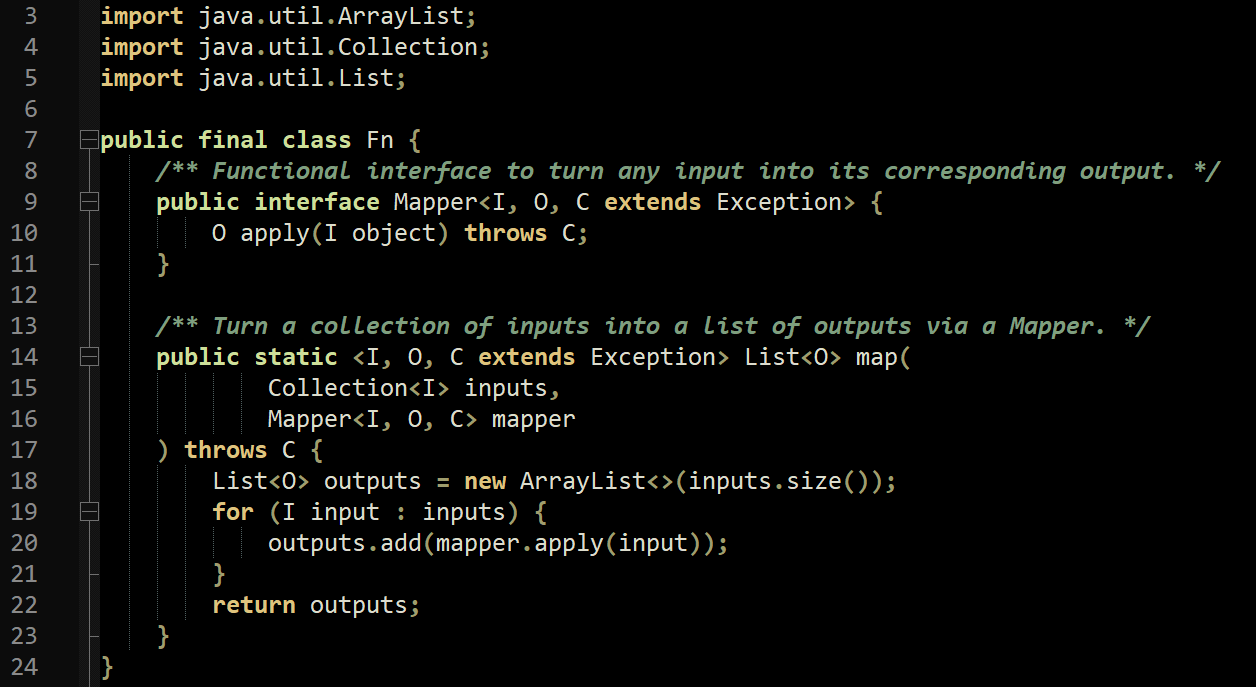A lot has been said and written about sexism in the Free Software movement over the years, from creepy behavior towards women attending community meetings, to overly sexualized language among software development teams, to infantilizing behavior towards female contributors of projects. What probably hasn’t been talked about as much is the recent emergence of a new type of sexism, taking the form of ostracizing feminist viewpoints based on misguided attempts at inclusivity.
Using Java at the workplace for a couple years made me deeply appreciate the language. Some people seem to hate…
Among anti-woke people, there is the trope that “woke” is a far-left ideology. For example, the Lunduke Journal recently ran…
I frequently make the mistake of thinking that other people must be approximately as knowledgeable as I am on this…
Copy of a Twitter thread I just published; slightly altered. (Yes I still tweet every once in a blue moon,…
Every once in a while, I publish some posts on the Fediverse (taylan@feministwiki.org or taylan@fedi.feministwiki.org; both should lead you to…
Some women say “screw being kind” in the face of a culture that expects them to be unrealistically gracious. I think kindness is a very high virtue and ideally everyone would be kind, but a lot of people have a problematic definition of kindness.
One of the peculiar features of Java, in what’s otherwise a rather mundane language, is checked exceptions. What do checked exceptions do? The short explanation is: They make information about what exceptions a method may throw part of its signature, and force you to actually handle all exceptions that may arise.
My main professional activity is developing an Android app nowadays (and before that it was developing iOS apps) but that’s not a very exciting topic as you can find gazillions of guides on it on the web and most of the time it’s just… normal programming.
But every now and then I have to develop something rather obscure, like a server application based on the outdated SOAP protocol (in this year of 2020), or in this case, printing warehouse/product/shipping barcode labels from an Android app.
So you’ve been tasked with writing a server implementing some dinosaur communication protocol that uses SOAP instead of defining a REST API. Maybe something like MSV3, the German standard for the pharma industry that allows pharmacies to send digital orders to their suppliers. Let’s say there’s a working reference implementation, but it uses an ancient version of Java and you’re really not sure if trying to bend the reference implementation to your will is the best way forward. We’re talking about a standardized protocol, so how hard can it be to write your own compliant server? Besides, you really want to learn how to implement a SOAP application server from scratch…




